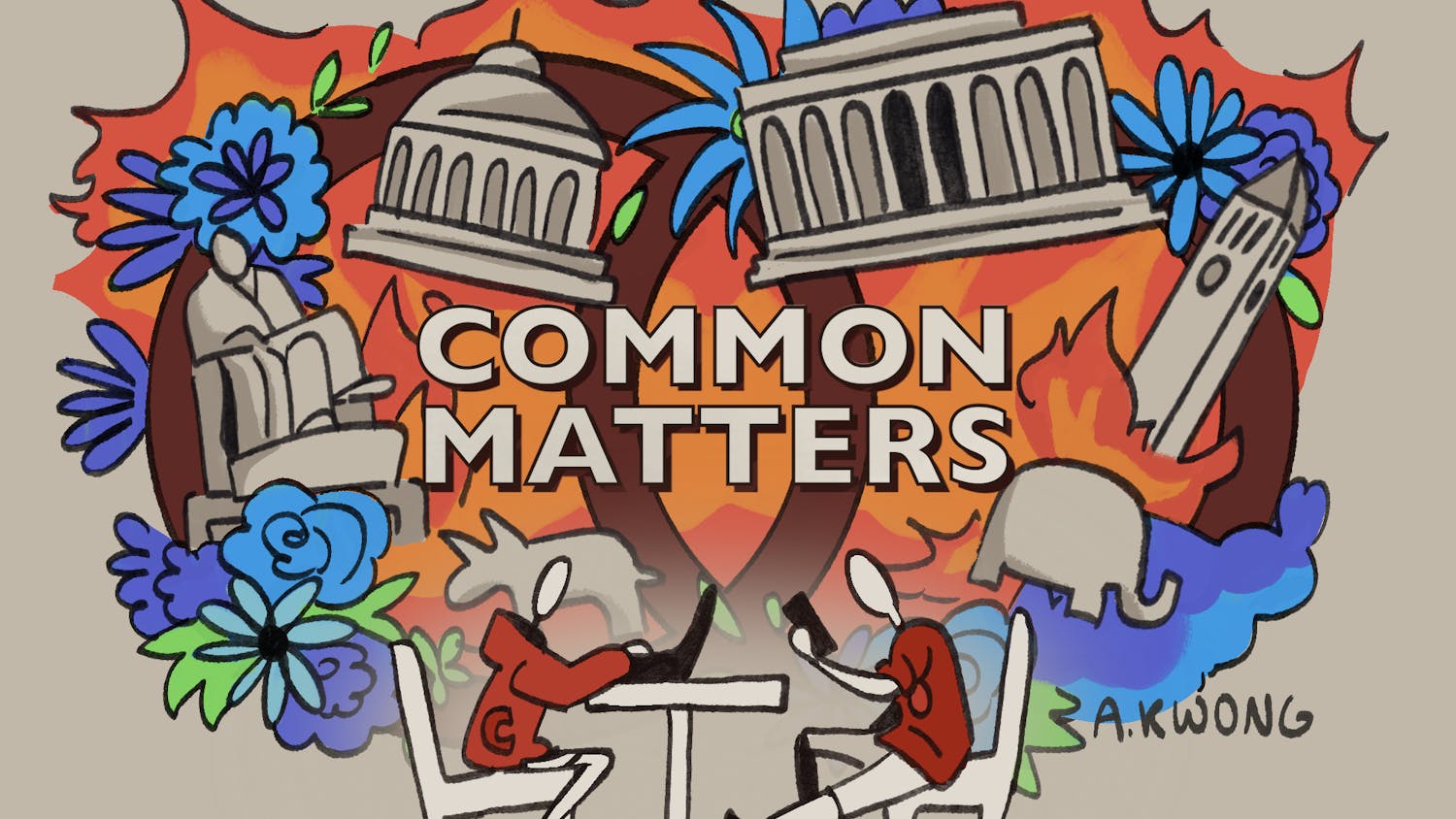Renters across the country face a particular set of burdens unique in how close they are to home. Tenants face difficulty maintaining their homes, as they rely on landlords to carry out refurbishment and repairs, which the landlords have little incentive to do in a timely fashion. Secondly, not owning one’s house naturally creates instability, as there is little guarantee of where to call home from one year to the next. Finally, the rent is too damn high.
In Ithaca, a striking 73% of households are renters, compared to 44% nationwide. As rental costs skyrocket, people across the city watch ever greater proportions of their income fall into the hands of their landlords. And the landlords hold the bulk of the power.
For the complete analysis of the tenant trials for Cornell students, read Victoria Pietsch’s ’19 January column, “The Rent is Too Damn High.” To understand the pressing situation for full-time Ithaca residents, read “Why Is Ithaca One of the Least Affordable US Cities?” from the Ithaca Times, revealing that while an Ithaca “household would need to earn $49,000 a year” to afford the average rent of a two-bedroom apartment, “the median household income in the City of Ithaca is $29,230 and two-thirds of the city’s households earn less than $50,000 a year.” For a call to action, read on.
There is an argument to be made that Cornell and Ithaca College students share significant blame for the city’s rental woes. We also have considerable power to unite with the tenants of our adoptive home and challenge the regime of unrestrained landlords, whose days of high rent for poor conditions must come to an end. So grab your nearest ILRie and buckle up; it’s time to talk about unions.
A traditional union is an organization of workers with a single employer, banded together to bargain collectively for improved wages, conditions, job security and benefits. While an individual worker making such demands would be laughed out of the room and likely fired, the union derives its power from strength in numbers and threat of a strike. The concept of a tenants’ union is similar, the stakes just as high.
Union membership would be open to all current and prospective tenants in the City of Ithaca. Speaking with a unified voice, the union would have three primary powers.
First, the power of political advocacy. While homeowners are the most reliable voters — which leads to a disproportionate share of property taxes being levied on rentals and incurred by tenants — full-time renters and students can and should register to vote in Ithaca. Because a small number of voters can have an outsized impact on low-turnout local elections, an organized tenants’ union pledging to uniformly vote and donate political contributions in support of pro-tenant local officials can yield considerable impact.
Second, the power to protect its members. When a tenant is subjected to unfair practices by their landlord, including harassment, refusal to procure general maintenance or eviction, the tenant would have an organizational structure to simultaneously apply pressure on the landlord and support them in housing court. Property owners would be far more hesitant to mistreat a tenant whose economic and legal strength stands equal to their own.
Third, the power of the boycott. A well-organized union would be able to track Ithaca properties and their respective owners. If (and, inevitably, when) a landlord egregiously mismanages their units, the union would be able to confront the bad actor economically with a call to boycott each and every one of the given landlord’s rental units. As many landlords own multiple properties, such an action would inflict severe economic repercussions on the most cavalierly abusive owners. With a small uptick in rental vacancies, the leverage of the threat of boycott grows dramatically as renters can affirmatively blacklist several properties. This power would serve as the most poignant deterrent while placing minimal burden on the busy rent-paying population of this town.
A tenants’ union has national precedent and local necessity. Overcharged and underserved, the residents of Ithaca deserve better. A tenants’ union is just the tool to level the playing field. It has proven itself in the college towns of Ann Arbor, where a series of rent strikes effectively combated rampant poor conditions, and Champaign-Urbana, where the union continues to serve as a resource for information and legal aid. We can follow their templates here. It’s not easy to go a day without hearing or expressing a complaint about the relentless exploitation inherent to monthly payments for shelter. Rather than accepting this as inevitable, we can unite to achieve fair rents and treatment that should be guaranteed but, until we collectively demand them, are not.
Elijah Fox is a junior in the School of Industrial and Labor Relations. He can be reached at efox@cornellsun.com. What Does the Fox Say? runs every other Thursday this semester.

FOX | The Case for an Ithaca Tenants’ Union
Reading time: about 5 minutes
Read More










